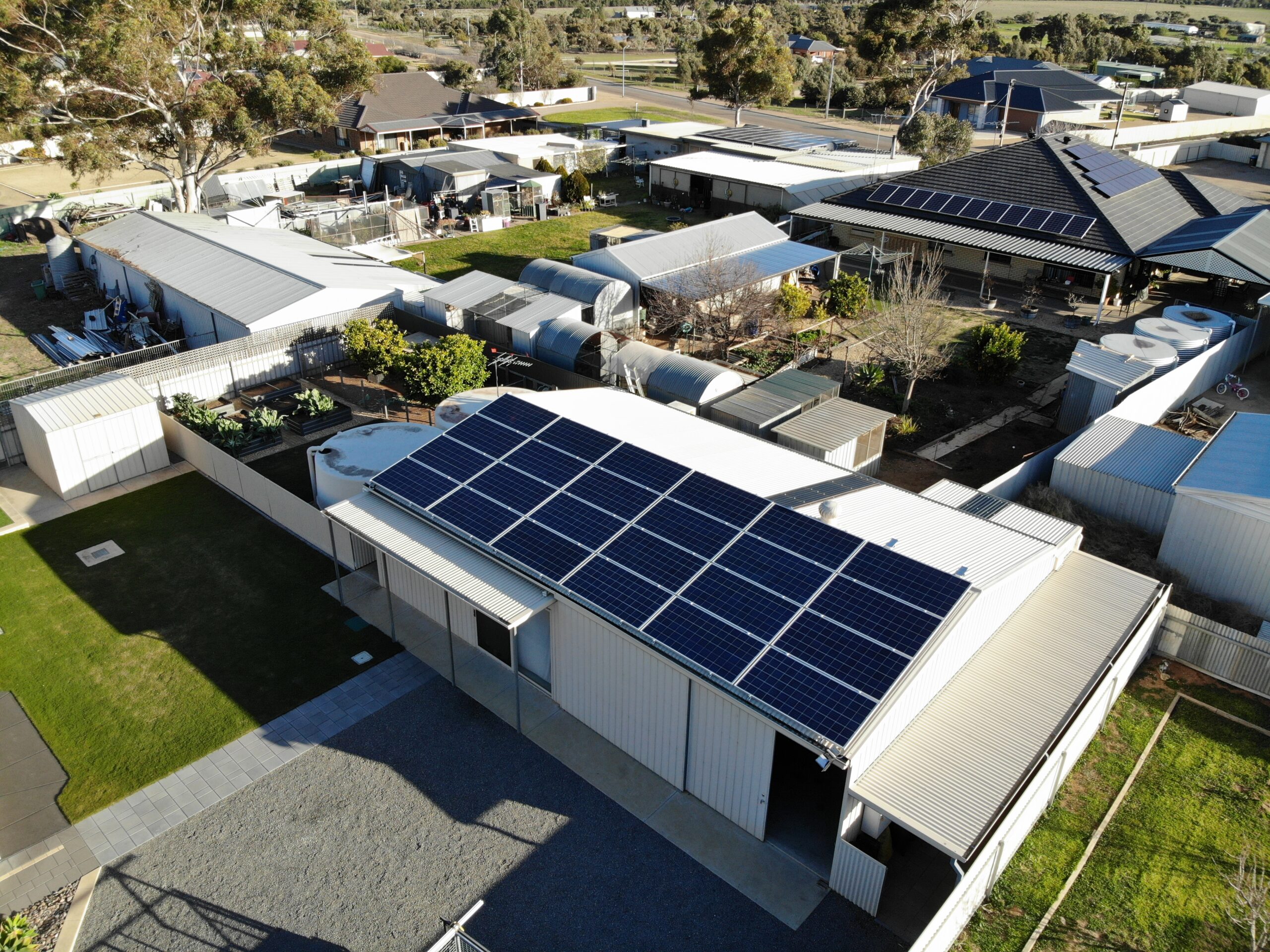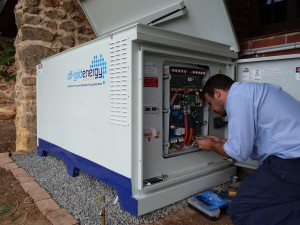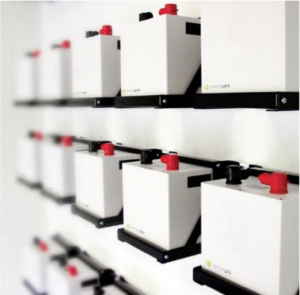

Going ‘off the grid’ for your energy needs means relying solely on self-generated sources of electricity, without any connection to the utility grid. While this lifestyle is very appealing, it can be challenging to achieve, particularly for those living in dense suburbia who are already connected to the grid.
In most cases where there is already a sufficient connection to the mains grid, it is better to keep that grid connection as a backup to a ‘grid-connected solar and battery system’. Rather than going off-grid.
Going completely off-grid requires a significant upfront investment in equipment and infrastructure. In suburban areas, the installation of solar panels, wind turbines, and other off-grid infrastructure may be subject to local laws and building codes. Most notably, noise level restrictions for backup generators. Depending on your location and how close you are to your neighbours, you may need to check with your local council before you can proceed with your off-grid plans.
Another challenge of going off-grid in the suburbs is that it can be difficult to completely disconnect from the utility grid. Electricity Distributors don’t make it easy to ‘cut the cord’ completely, so this process can be lengthy and expensive. And even if you generate all of your own electricity via solar, you will still need to rely on a backup power source during times of high energy demand or when your own energy generation is insufficient. In true off-grid scenarios, this is achieved with a backup generator.
Despite these challenges, it is possible to go off-grid in the suburbs. If you are committed to getting away from electricity retailers, you will need to research your local regulations, invest in the necessary equipment, and potentially make lifestyle adjustments to conserve energy if you only have a limited space for solar generation. Ultimately, going fully off-grid in the suburbs is a personal decision that is based on your individual circumstances.




Each type of storage system has important differences that set them apart from each other, making them ideal for own specific applications.

As a way of showing our appreciation for any new customers that you send our way, we’re launching a referral rewards program

An explanation of the differences between ‘off-grid storage‘, ‘on-grid storage‘ and ‘battery backup‘

Australia currently recycles around 98% of lead-acid batteries but only 10% of lithium batteries. How Are Lithium Batteries Recycled?
Off-Grid Energy Australia · Securing your power and your future
Electrical Contractor Licenses: VIC REC-31913, TAS 15608294, WA EC15901, SA PGE278927, NSW 279181C